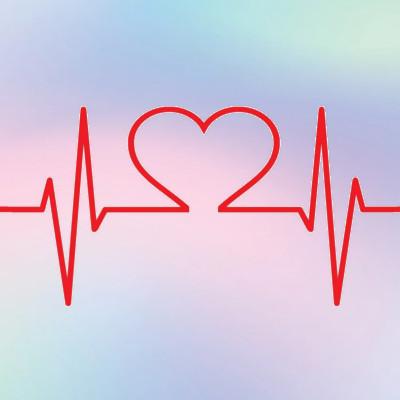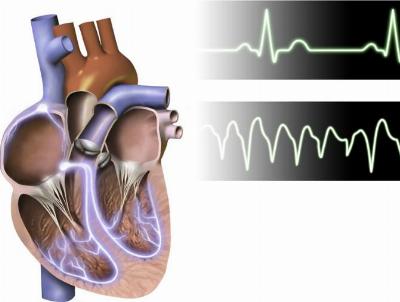
- Published on 27-Apr-2022
- 2 Likes
- 0 Comments
- 504 Times Read
Heart disease is the leading cause of deaths across the world. Heart disease is a general term used to describe different heart conditions which are potentially fatal but can also be treated and prevented.
There are many types of heart disease, some of which are congenital while most of the heart disease in people is develop over the course of time and affect them later in life. Heart disease is often referred to as silent killers as they usually develop over time and can go unnoticed for years.
The most common types of heart disease and conditions are:
Coronary Artery Disease
This is one of the common types of heart disease which is a blockage in the coronary arteries, a condition wherein the heart muscles doesnt get enough blood and oxygen. The most serious effect of this condition is sudden death without warning which is something that usually happens in people who have had heart attacks or other heart damage.
Heart Attack (Myocardial Infarction)
These types of heart disease happen when blood flow to the part of the heart is blocked and part of the heart muscle dies or is damage as a result. If the blockage is short, the heart in the end receives enough blood, oxygen and nutrients and the damage is often reversible. During heart attacks, it is very important to get medical attention fast.
Heart Failure
This is one of the types of heart disease that happens when the heart does not pump enough blood to meet the bodys needs. It doesnt mean to say however, that your heart has stopped beating and that you are about to die, it simply indicates that the heart is not squeezing as normally as it should. Heart failure does not occur suddenly but gradually worsens over time.
Heart failure can be cause by coronary heart disease, past heart attacks, high blood pressure, diabetes, heart effects present at birth, lung disease, diseases of the heart valves, and cardiomyopathies.
Arrhythmia
At times when the hearts electrical system does not function normally, it may cause the hearts electrical signals not to move in the proper sequence thus racing, or becoming slow, or having irregular skip beats. This causes the heart to either beat slower than normal or faster than normal, or erratically, these abnormal rhythms of the heart are called arrhythmias.
A person having this type of heart disease will experience symptoms such as dizziness, fatigue, shortness of breath, fainting, chest pain, and rapid palpitations that may feel like the heart is pounding or flutters. This condition should not be left untreated because it can be fatal.
There are four types of arrhythmias:
- irregular or extra heartbeats;
- Supraventriculat Tachycardia;
- Bradycardia;
- Ventricular Tachycardia.
Heart Defects
These types of heart disease are obstruction defects or heart valve problems. An obstruction is a narrowing that partly or completely blocks the flow of blood to the heart. Stenoses are obstructions that occur in the heart valves, veins, or arteries.
Peripheral Vascular Disease
All tissues of the body and not only the heart need oxygen and other nutrients to work and survive. Artherosclerosis or fatty plaques can also affect arteries that are in charge in supplying oxygen-rich blood to other areas of the body.
Peripheral Vascular Disease (PVD) happens when the flow of oxygen-rich blood to the legs and feet is decreased or blocked. The feet and the legs are deprived of oxygen and nutrients and so produce symptoms usually in the thigh, feet, and calf muscle. Some symptoms include coldness, loss of hair on lower leg, changes in color of the skin leg or foot goes from pink to blue, brown spots on the skin, swelling, slow healing of wounds, pain or cramping after walking short distance, and ulcers.
All of these common types of heart disease can actually be prevented with the proper healthy diet, not smoking, and good physical activity combined.




0 Comments